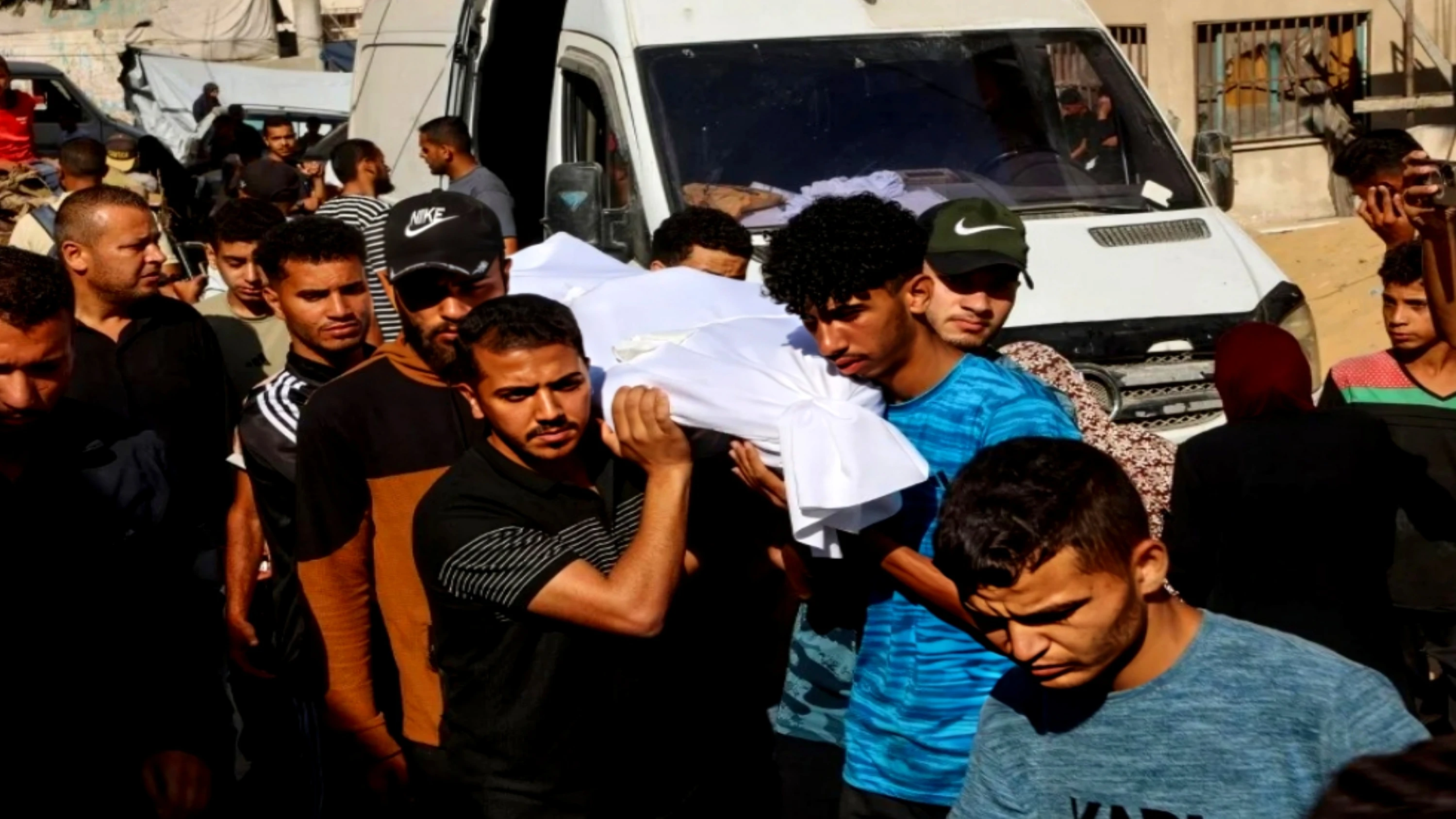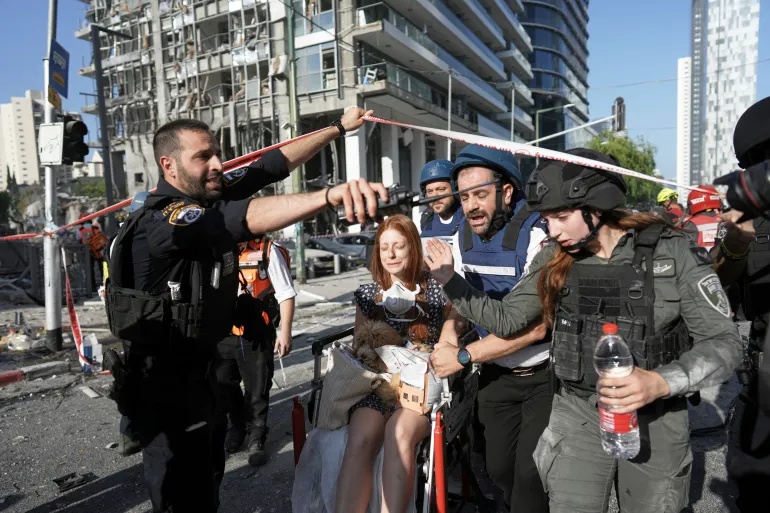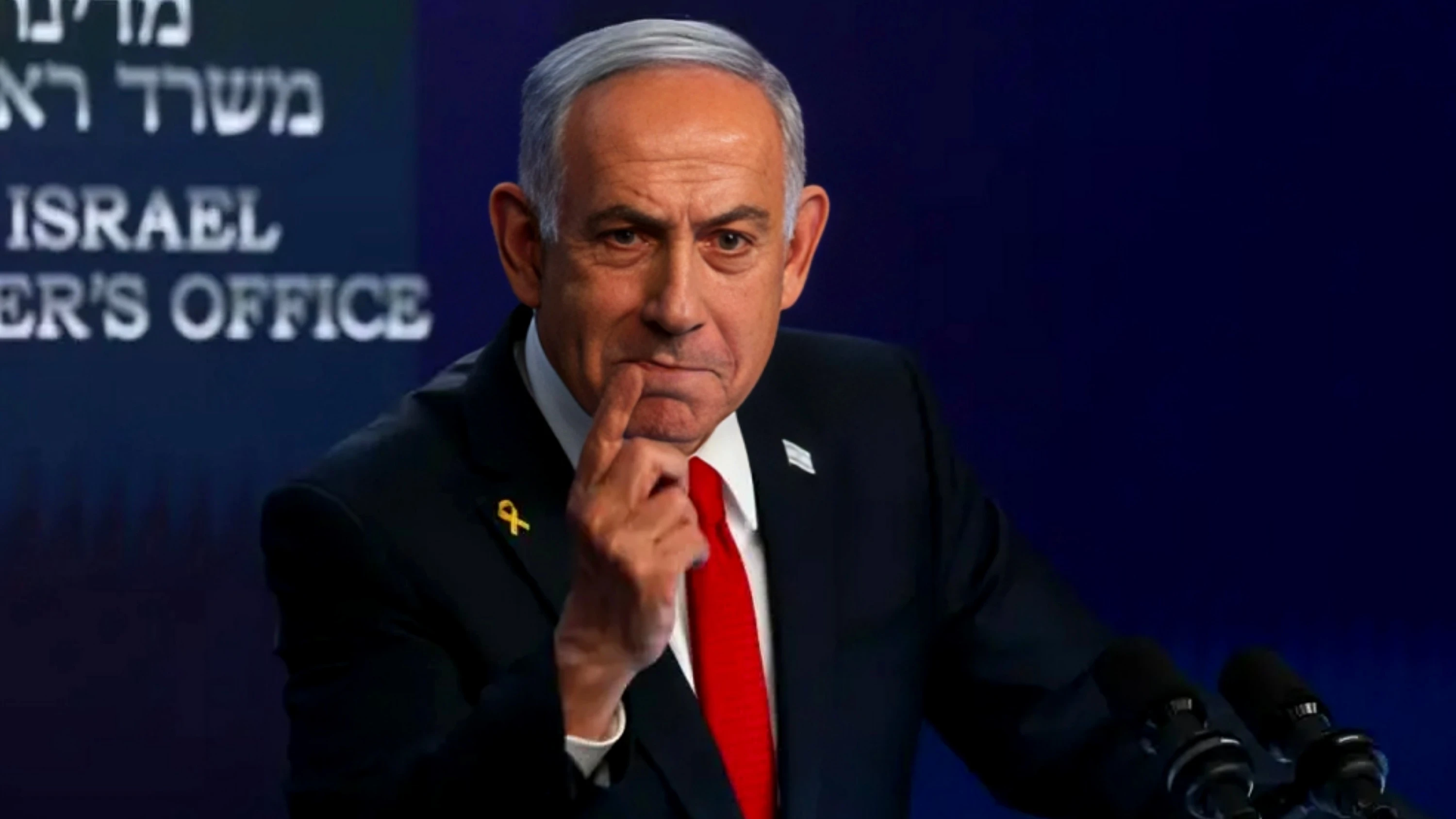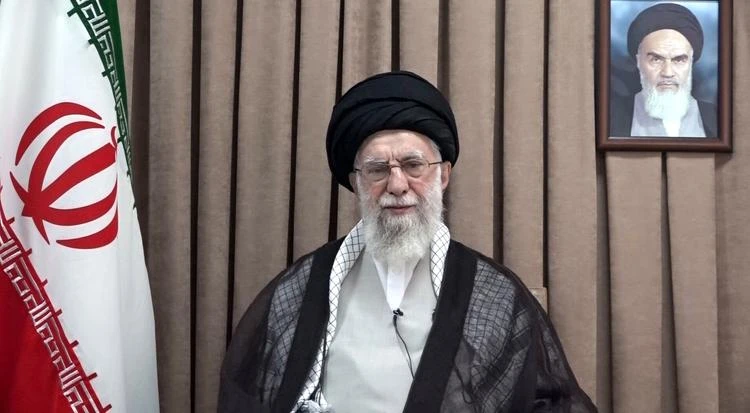Gaza: A major military escalation is underway as Israel calls up thousands of reservists and prepares for expanded operations in Gaza, amid the collapse of ceasefire negotiations and growing international unease.
On Friday, Israeli military leadership presented Prime Minister Benjamin Netanyahu with a detailed plan to intensify ground assaults in northern and central Gaza. The strategy mirrors tactics used in Rafah and involves evacuating civilians before launching air and ground operations. Approval from Israel’s Security Cabinet is expected imminently.
The renewed push comes after hostage negotiations, mediated by Qatar and Egypt, broke down again. Hamas continues to demand a permanent ceasefire and full Israeli withdrawal—terms Israel refuses. As of now, 59 hostages remain in Gaza, 24 of whom are belleved to be dead.
In Tel Aviv, families of the hostages gathered in protest, accusing the government of putting military goals ahead of saving lives. The Hostages Families Forum warned that a renewed offensive would “seal the fate” of their loved ones, making rescue efforts nearly impossible.
Tensions escalated further after Netanyahu accused Qatar of siding with Hamas and undermining diplomatic progress. Qatar responded with rare public criticism of Israel’s blockade, pointing to the worsening humanitarian crisis and casting doubt on Israel’s intentions.
At the same time, Netanyahu canceled his planned visit to Azerbaijan, citing growing threats in both Gaza and Syria. Critics argue that his shifting rhetoric—from “bringing the hostages home” to “crushing our enemies”—signals a hardline turn likely to deepen the region’s suffering.
As Israel mobilizes and Gaza braces for more airstrikes, aid groups warn of a looming catastrophe in overcrowded shelters and makeshift camps. With diplomacy stalled and food, medicine, and fuel in short supply, the region now stands at the edge of another deadly chapter in an already devastating conflict.








